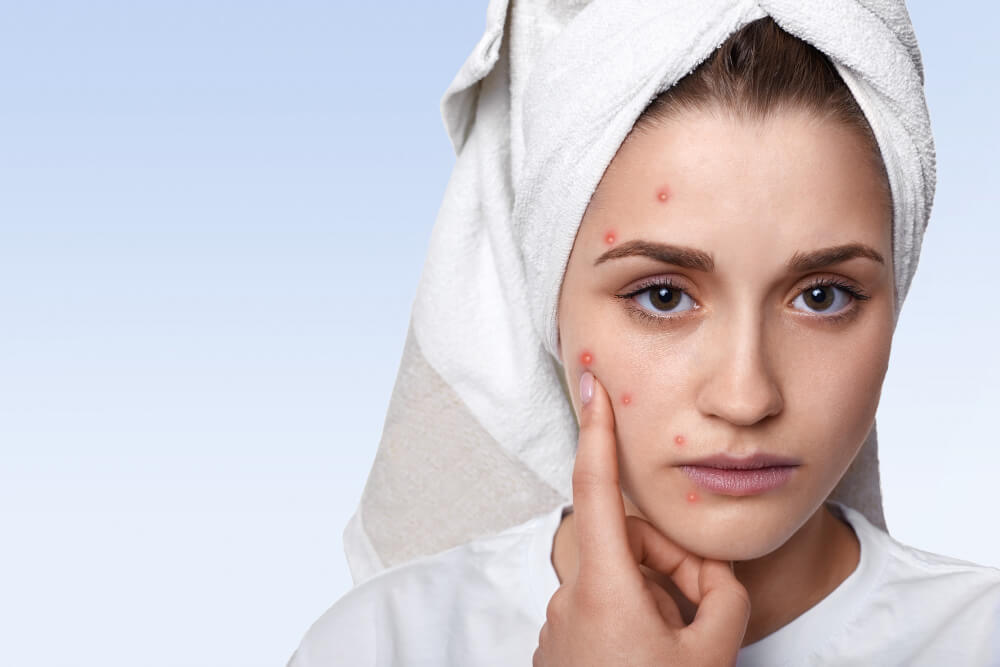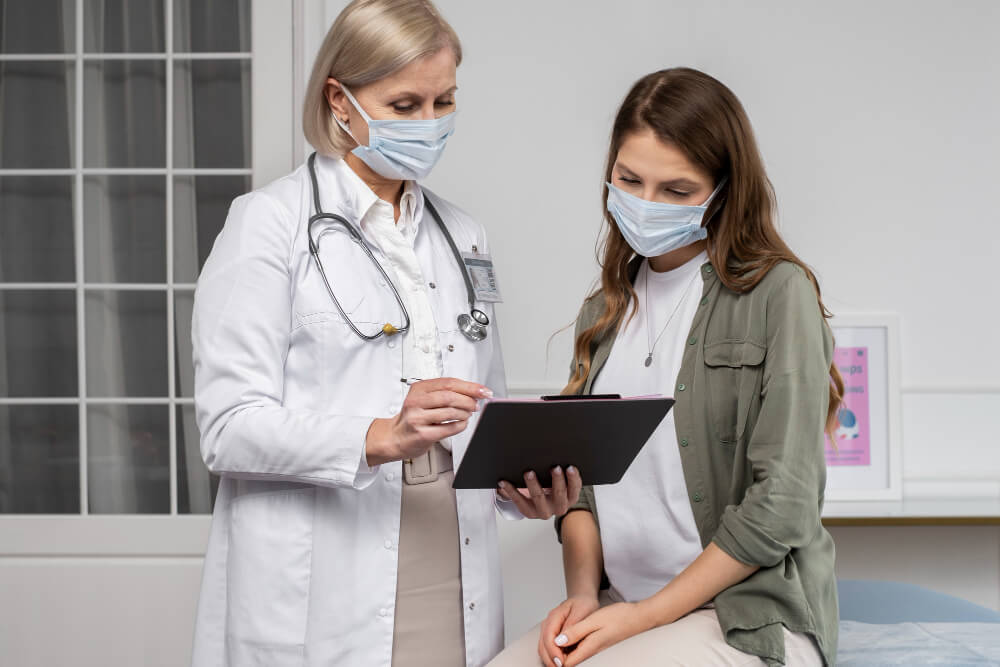Acne Treatment: A Comprehensive Guide to Clear Skin
Acne is a skin condition that occurs when hair follicles become plugged with oil and dead skin cells. It is a common problem, especially among adolescents, but it can affect people of all ages. While acne can be frustrating and emotionally distressing, it is treatable with a variety of approaches.
Understanding Acne
Acne is classified into different types based on severity:
- Mild Acne Characterized by whiteheads and blackheads.
- Moderate Acne Involves papules and pustules (inflamed pimples).
- Severe Acne Includes nodules and cysts, often causing scarring.
Over-the-Counter Acne Treatments
Many individuals with mild to moderate acne can benefit from over-the-counter products:
- Benzoyl Peroxide Kills acne-causing bacteria and reduces inflammation.
- Salicylic Acid Exfoliates the skin, unclogs pores, and reduces oil production.
- Retinoids Promote skin cell turnover and unclog pores.
Prescription Acne Treatments
For moderate to severe acne, prescription medications may be necessary:
- Topical Medications Stronger versions of retinoids, antibiotics, and other medications.
- Oral Antibiotics Reduce bacteria and inflammation.
- Hormonal Therapies For women with hormone-related acne.
- Isotretinoin (Accutane) A powerful medication for severe, cystic acne.
In-Office Acne Treatments
Dermatologists offer various in-office procedures for acne:
- Chemical Peels Exfoliate the skin and improve skin texture.
- Microdermabrasion Polishes the skin to remove dead skin cells.
- Extractions Removal of blackheads and whiteheads under sterile conditions.
- Corticosteroid Injections Reducing inflammation in severe acne cases.
- Light Therapy Using specific wavelengths of light to kill acne-causing bacteria.
Preventing Acne Breakouts
Lifestyle factors play a role in acne development:
- Gentle Skin Care Using mild cleansers and avoiding harsh scrubbing.
- Proper Hygiene Keeping hair and hands clean to prevent the spread of bacteria.
- Diet and Nutrition Maintaining a balanced diet and staying hydrated.
- Stress Management Managing stress levels, as it can exacerbate acne.
- Regular Exercise Promoting overall skin health and well-being.
By understanding the various types of acne and exploring available treatment options, individuals can effectively manage their skin condition and achieve a clearer complexion. Consulting with a dermatologist is essential for developing a personalized treatment plan and addressing underlying causes.


